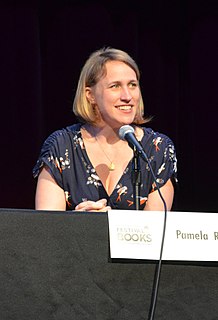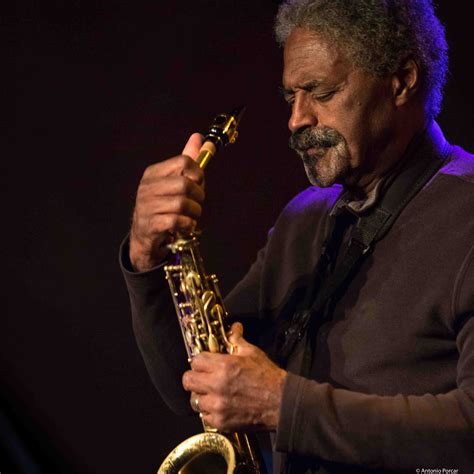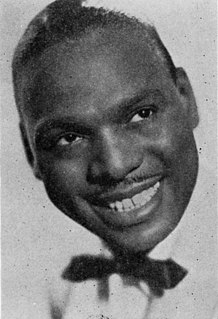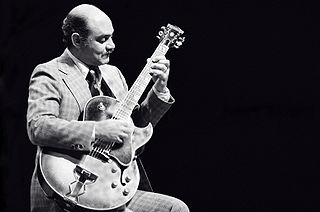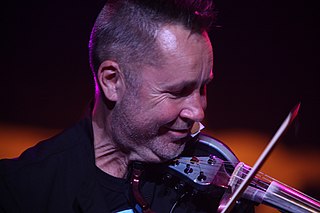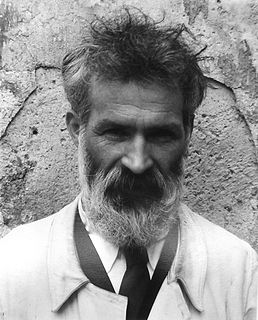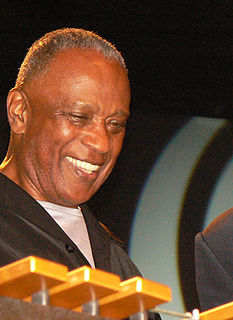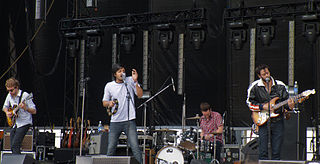A Quote by Pat Metheny
I try to be prepared for the moment, through understanding, and being warmed up, knowing all about chords and scales, so I don't even have to think and I can get right to what it is I want to say.
Related Quotes
There's never the right last moment. Even if you get to say good-bye, even if you get to say "I love you", even if you jump off a plane and get a tattoo and hug everyone you've ever met right before you drift off with a smile, it is never the right last moment. There is always more to say, somewhere to go, something to remember. Another discussion, another fight. There is always supposed to be another day.
I definitely thought about it long and hard, about if I wanted to keep the baby or not, and I wasn't thinking about adoption. I do think every woman should have the right to do what they want, but I don't think it's talked through enough. I can't even tell you how many people just say, 'Oh, get an abortion.' Like it's not a big deal.
I met the pianist Barry Harris when I was about fifteen. He would show me changes, which I had no idea existed. I knew about scales, but I didn't think about chords. I was fortunate in that he lived right around the corner so I'd be at his house almost every day and he showed me about playing melodies over chords. After about three years, I could play some gigs. I worked with drummer Roy Brooks and other guys my age at that time, like trumpeter Lonnie Hillyer. Some of the older guys were Paul Chambers, Doug Watkins and Louis Hayes
My father would say, 'Play a scale,' and I'd play one and he'd say, 'What about the rest? There must be one above,' so we'd figure them out. I'd start the scale on the root of the chord and I'd go as far as my hand would reach without going out of position, say, five frets, and then I'd go all the way back. So when ! practised I'd start right away on scales. As well as the usual ones, I'd play whole tone scales, diminished, dominant sevenths, and chromatic scales. Every chord form, all the way up, and this took an hour.
I don't think there's a right or wrong things in your style. It's about how you clearly reflect who you are; how you more clearly tell the story. Who are you? How do you want to transmit that to the world, and how do you more clearly say that? Then I have a philosophy, FFPS: fit, fabric, proportion, and silhouette. Proportion's everything, really, knowing your body and understanding that. Those things have been really crucial for me. It's about being clear about the story you want to tell to the world about who you are - and maybe a little bit of FFPS.
I think the most important thing that I can offer young musicians is once you get up on the bandstand, understanding that you're now asking this prayer to come through you. When you think about music it's got to be that way. Just the thrill of being able to play another note, not to win anything or get a trophy.
My mother taught me to focus on being myself and not to worry what other people think about you. I know that as long as I'm a good person I'll stay on the right path. From my dad I learned that when someone tells you “No” it's only the beginning of a conversation. They both have always let me know that I can do anything I want to do as long as I don't give up. They are the most important role models in my life because they are exactly who I want to be when I grow up. They are supportive and understanding and I try every day to remember what they've taught me.
On those days when you don't want to get up, I think, I'm going to get through my entire practice without saying how tired I am or I try not to complain just because I was in a bad mood when I woke up. Even if it's not perfect and I slip up, I can catch myself and make myself of aware of where my mental space is at and move on.
If you really want to communicate something, even if it’s just an emotion or an attitude, let alone an idea, the least effective and least enjoyable way is directly. It only goes in about an inch. But if you can get people to the point where they have to think a moment what it is you’re getting at, and then discover it, the thrill of discovery goes right through the heart.
Sometimes I'll go into an interview not knowing what it's about or who it's for. Sometimes I'm a little bit more prepared. I've been in certain interviews where they ask me questions that I know nothing about. Like obscure albums and they want to know my favorite song and I don't even know what to say.
I think I'm drawn to more villain-type characters, because it's so cool to get to say all the things you want to say. In Hollywood, you get to this position where you have to bite your tongue so much. You take all your experiences of not being able to say what you really want to say, and channel that through your character.


